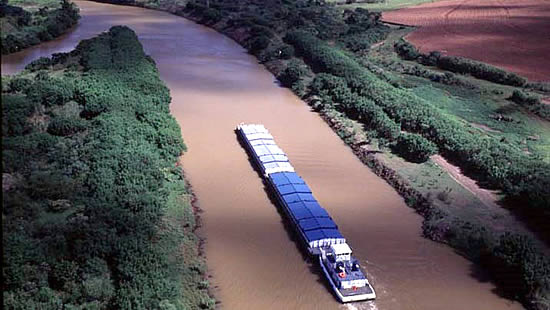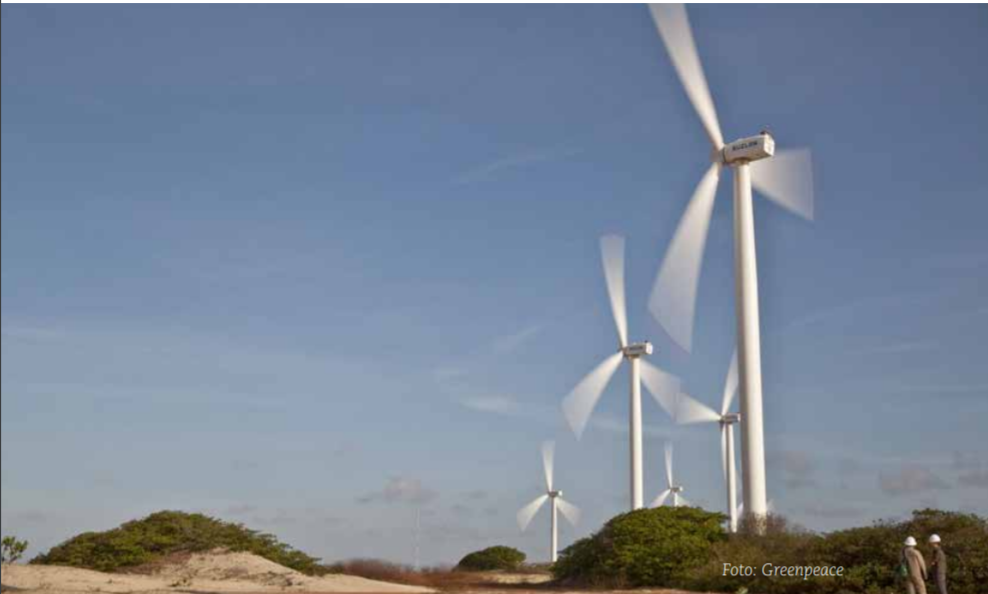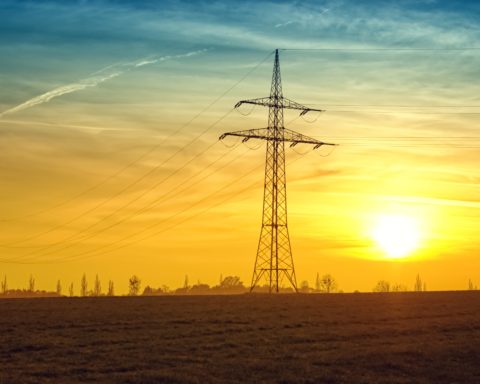The use of biofuels is on the rise in Latin America and is feeding dreams of abundance in countries like Argentina and Colombia. But the experience of Brazil, a pioneer in this alternative energy, raises questions about their potential negative environmental consequences.
With ethanol and biodiesel as a springboard, Brazil’s President Luiz Inácio Lula da Silva aims to turn his country into an energy superpower — in contrast to the 1970s when the Brazilian economy was thrashed by its dependence on oil imports and its dramatic price hikes.
But environmentalists warn that although biofuels reduce emissions of greenhouse gases (which lead to global climate change), they could also trigger a massive expansion of the biofuel crops, pushing the agricultural frontier deeper into the forests, destroying habitat and biodiversity. Alone for three decades in widespread use of ethanol, or ethyl alcohol, to replace a portion of gasoline in vehicles, Brazil developed technologies and a sugarcane economy that ensure its absolute competitiveness in exports, still limited by protectionist barriers and an unstable international market. And this South American giant intends to fight for the biodiesel market, where it lacks the same pioneering history.
Other countries in the region are trying to emulate the Brazilian estrategy. Colombia and Argentina stand out for strengthening legislation to encourage development of biofuels.
A 2001 Colombian law stipulates that the country’s gasoline must have 10 percent ethanol in 2009, with gradual increases to 25 percent in 15 to 20 years. A similar bill is being drafted for biofuel, based on the African palm, from which 600,000 tonnes of oil are already being produced yearly as food.
“Colombia could be third in production of biofuels, surpassed only by the United States and Brazil, if production of palm oil for biodiesel comes out favourably,” David Cala, director of CORPODIB, a consortium of businesses, university and technology centres involved in industry development of biotechnology, told Tierramérica.
Exports could reach 10 million litres daily of alcohol from sugarcane and beets, and three million tonnes a year of biodiesel — two to three times greater than domestic consumption — in 15 to 20 years, estimates Cala.
In Argentina, the Biofuels Act, approved in April, imposes a requirement of five percent biodiesel or ethanol in petroleum derivatives beginning in January 2010.
“That obligatory minimum, which could be more,” requires 600,000 tonnes of biodiesel and 160,000 tonnes of ethanol annually for the domestic market, which would absorb eight and three percent, respectively, of national output of soybeans and maize, Miguel Almada, an economist for the National Biofuels Programme, told Tierramérica.
But furthermore, “in development is an export industry for ethanol and biodiesel of around two million tonnes per year,” he added.
These optimistic economic forecasts should, however, take into account the environment variable. And Brazil’s experience in this regard can teach some lessons.
“It is worrisome that a new economic cycle based on biofuels would trigger the expansion of monoculture crops and, consequently, deforestation,” says Délcio Rodrigues, an energy expert with Vitae Civilis, a Brazilian non-governmental organisation that is active in fighting climate change.
The sugarcane economy is not a good environmental model. In the southeastern state of Sao Paulo, which produces 70 percent of Brazil’s alcohol, the companies generally do not obey the Forestry Code, which requires nature preservation of 20 percent of rural properties. Furthermore, the cane fields are burned to facilitate the harvest, which creates serious local air pollution, said Rodrigues in a Tierramérica interview.
Soy, the main raw material for biodiesel in Brazil, due to its massive current production, “has already become one of the principal factors behind deforestation of the Amazon and the Cerrado, a biome of savannahs and scrub forests that covers the extensive central area of Brazil,” said the expert.
Biodiesel began to be added to petroleum-based diesel in Brazil at a proportion of two percent, and that will be increased to five percent in 2013. The country has opted for H-BIO, a process of hydroconversion developed by the state-run oil giant Petrobras, which adds up to 18 percent plant or animal oil in the petroleum refining process to produce diesel.
Petrobras has already adapted three of its refineries, and plans to begin production in December, seeking to save on imports of 256 million litres of diesel next year, and a billion litres by 2010. Soybean oil will be the main input. H-BIO will not affect biodiesel because they are complementary, say energy authorities.
Consumption of 840 million litres of biodiesel is forecast for 2007, with a mix of two percent. The programme was designed to favour family farming for the production of castor oil, palm and other sources of vegetable oils, with tax exemptions especially for Brazil’s poorest regions, in the northeast and north.
However, the plan involves small farmers only as simple suppliers of oil-producing crops, without including them in the agro-industrial process, in cooperatives that at least process the harvests for theoils, said Rodrigues. Petrobras should assume “social responsibility”, he said, adding that pressure from European importers to respect environmental standards could prevent some harm.
Studies by the ministries of agriculture and environment identified — in the Brazilian states that already have infrastructure to produce alcohol — 15 million hectares of degraded areas that would be appropriate for agricultural expansion, Vania Araújo, from the Environment Ministry, told Tierramérica.
This could triple the six million hectares currently planted with sugarcane, theoretically without invading protected areas, but it would require a good monitoring system coordinated with the state governments, because the environmental authority is decentralised, said the official.







